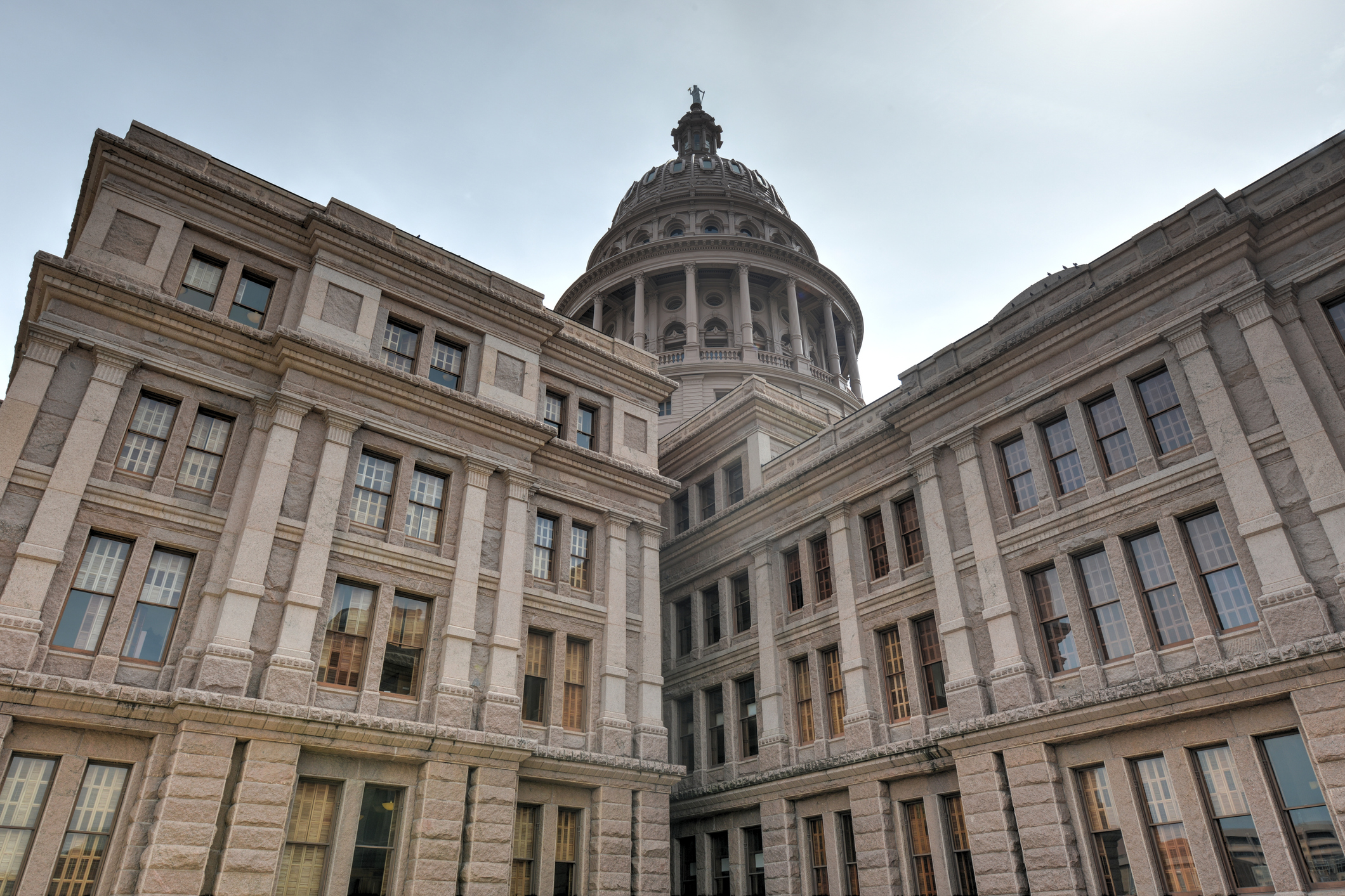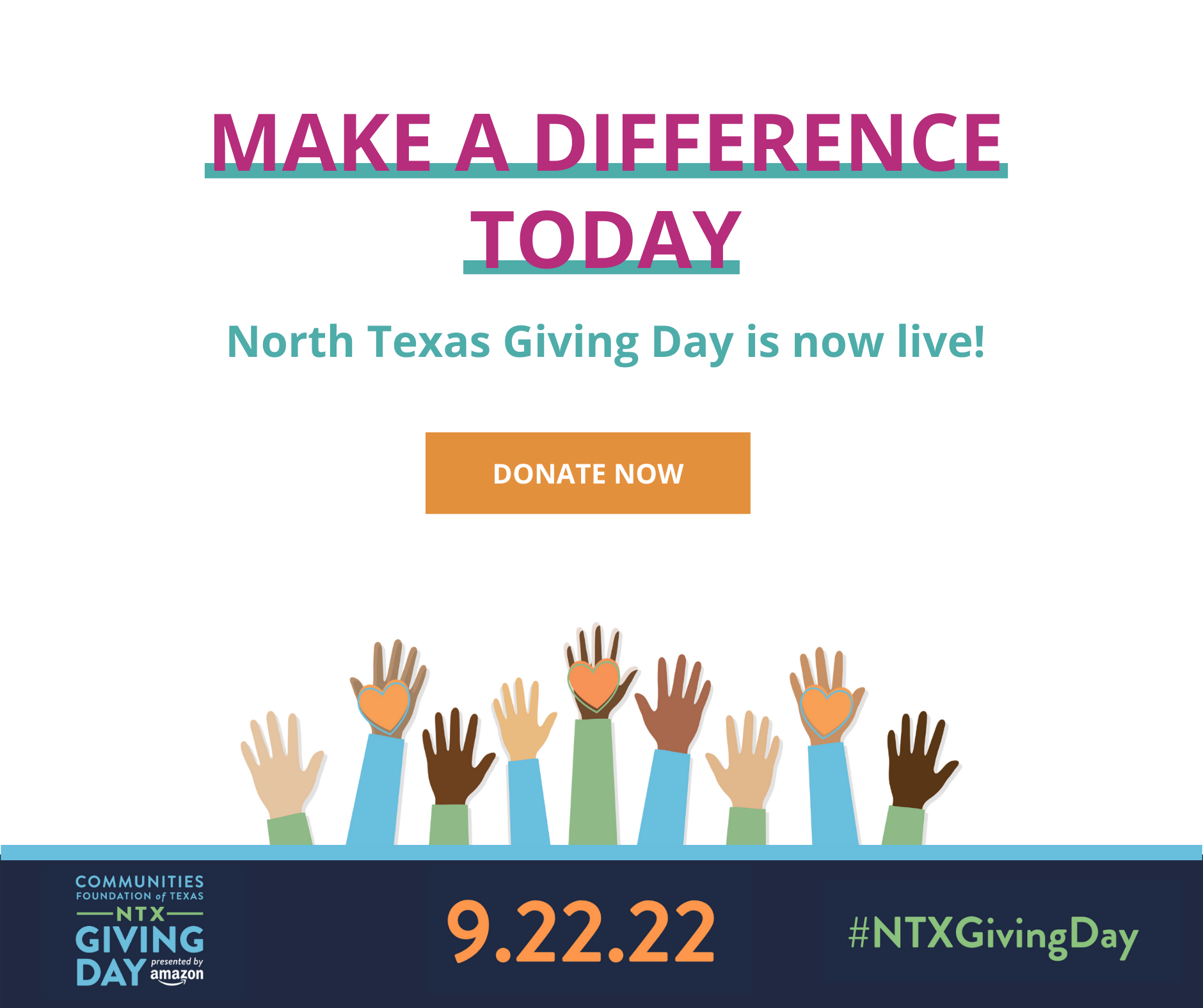The 86th Interim Committee Charges and Child Protection
The Texas Legislative Session takes place for 140 days every two years; but it may be a misconception to call it a part-time legislature. The laws passed during the session are the result of work that starts during the interim – the more than one-and-a-half years between the end of one session and the beginning of another.
Although the legislative session gets the majority of the attention, it’s important to understand the significance and opportunities of the interim. During this time, advocates strengthen relationships with legislators and their staff and educate them on issues that will inform their work and the bills they support the following session.
The Governor and the Lieutenant Governor kick off the interim with charges that instruct committees in the House and Senate on what to monitor and examine before the next session. The committees engage in discussions, research and hold public hearings to produce an interim report, inclusive of recommendations forthe next legislature. Charges typically include directions to monitor the implementation of bills passed by the previous legislature as well as directives toward emerging priorities and issues.
Lt. Governor Dan Patrick released Senate charges on Oct. 30, 2019. Most of the charges that affect child protection went to the Senate Health and Human Services committee chaired by Sen. Lois Kolkhorst (R-Brenham). Child protection related charges in the Senate include the following:
Rural Health:
- Examine and determine ways to improve health care delivery in rural and medically underserved areas of the state.
- Determine whether additional funding provided during the 86th Legislative Session has helped to ensure more accessible and quality health care in rural areas.
Strengthening Families:
- Examine Department of Family Protective Services (DFPS) procedures and grounds for placing a child into the child welfare system and the termination of parental rights.
- Make recommendations on ways to protect children who are involved with the child welfare system while preserving families under state law.
- Identify ways faith-based and other community organizations can assist in preserving or reunifying families involved with the child welfare system.
Monitoring:
- The continued implementation of Senate Bill 11 (85th Legislature) and Community-Based Care by DFPS,
- Child Care Quality and Safety, and
- Maternal mortality and infant health initiatives, including the women’s health programs administered by the Health and Human Services Commission (HHSC).
On the House side, this interim has presented some unique challenges. The first few months of the interim were disrupted by a political scandal involving Rep. Dennis Bonnen (R-Angleton) that resulted in his decision to resign his seat, which he has held since 1997. This also means he is leaving his position as Speaker of the House for the next session. This creates some challenges; there is less clarity about leadership and priorities for next session. But there also is an opportunity for the House Committees to pursue their work during the interim given more autonomy.
Adding to challenges in the House is the absence of Rep. John Zerwas (R-Richmond), a longtime House member and chair of the Appropriations Committee – and a dear champion for child protection issues. He will not be seeking reelection – leaving a vacancy on that committee that only the Speaker of the House can fill. With new leadership, every week counts. The Appropriations Committee typically spends the 18 months between sessions to prepare the budget. This year’s budget exceeded $200 billion and the budget is the only bill that every Legislature is required to pass. The appointment of the Appropriations chair will be critical to the political dynamics and the efficiency of the House during this interim.
Challenges aside, Speaker Bonnen released his full list of more than 200 interim charges on Nov. 25 of 2019.
House Charges related to child protection spread across several committees including Appropriations, Human Services, Public Education, Public Health and others. In addition to monitoring charges related to many of the child protection bills from last session, TexProtects is particularly excited that the House is studying the following topics over this interim.
Early Childhood Brain Health:
- Examine state investments in the health and brain development of babies and toddlers including Early Childhood Intervention and other early childhood programs for children in the first three years.
- Evaluate opportunities to boost child outcomes and achieve longer term savings (Appropriations Article II subcommittee).
Family First Prevention Services Act:
- Review how Texas is preparing for state and federal budgetary changes that impact the state health programs including the Family First Prevention Services Act (joint charge for Appropriations Article II and Human Services Committee).
Community Based Care:
- Monitor the implementation and expansion of Community Based Care by DFPS (joint charge for Appropriations Article II and the Human Services Committee).
Monitoring:
- Former Foster Youth and Post-Permanency Care (HB53, HB72, HB123, HB1702),
- Child Care Quality and Safety (SB568, SB569, SB706, HB680),
- Behavioral Health in Schools (HB18, HB19, HB906),
- Maternal and Child Health (HB253, SB436, SB748, SB749), and
- Rural Health (SB633, SB670).
As lawmakers return from the holiday break, the committees will begin posting notices for hearings on these charges. Stay tuned for our next blog in this series which will outline ways that you can get involved and work alongside TexProtects to ensure that every child (and their family) is safe, nurtured, and resilient.



